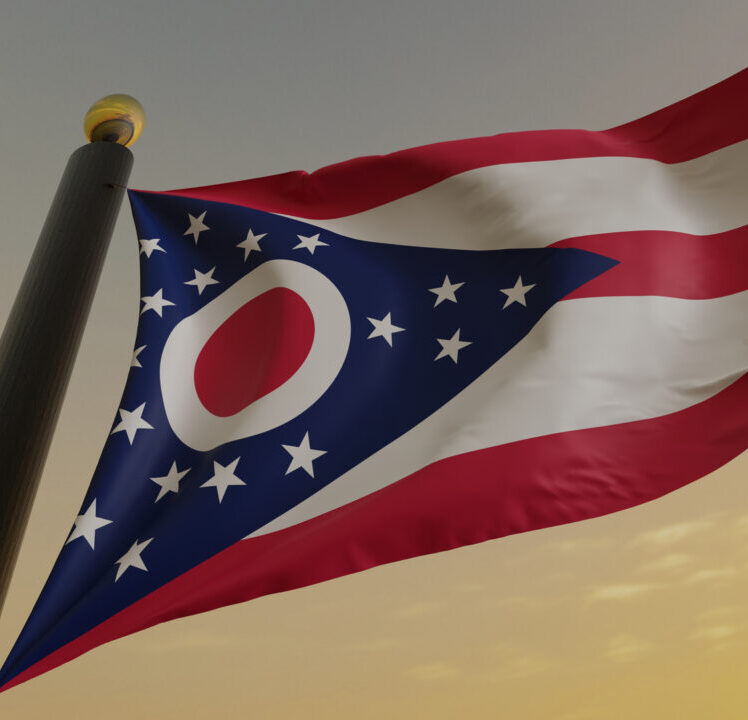Regulator Targets Prediction Markets
As major sportsbook operators explore new frontiers in event-based trading, Ohio’s top gambling regulator has issued a warning: prediction markets will not be tolerated under the state’s sports betting framework without proper approval.
The Ohio Casino Control Commission (OCCC) recently sent a letter to licensed operators, cautioning that their future in the state could be jeopardized if they offer prediction market products outside of the regulator’s oversight. The letter, signed by OCCC Executive Director Matthew Schuler and first reported by The Closing Line, stressed that such activities fall beyond the scope of Ohio’s current sports gaming laws.
FanDuel and DraftKings Signal Interest
The OCCC’s letter comes shortly after Flutter Entertainment, parent company of FanDuel, announced a joint venture with CME Group to create an events-based trading platform. The product, expected to launch later this year, will initially focus on commodities and financial benchmarks, such as oil prices and the S&P 500.
Although Flutter has not yet committed to sports-related markets, CEO Peter Jackson has signaled that the company is “watching the space very closely.” Rival DraftKings has also expressed interest, with CEO Jason Robins discussing the potential of prediction markets during recent earnings calls.
The regulator’s move suggests Ohio may be preemptively drawing boundaries as leading operators experiment with products that blur the line between sports wagering and financial trading.
Legal Gray Area for Prediction Markets
Prediction markets — where users trade contracts tied to the outcome of real-world events — remain a contentious issue in U.S. gambling regulation. Platforms like Kalshi, regulated by the CFTC, argue that their offerings are legal nationwide. But state regulators, including Ohio, have challenged that position.
In 2023, the OCCC was among seven state agencies to send cease-and-desist letters to Kalshi. The platform has nevertheless continued expanding, offering sports contracts in January and making them available even in states where sports betting is prohibited, such as California and Texas. Last week, Robinhood announced it would integrate Kalshi’s football contracts into its app this season, further mainstreaming access to event trading.
The NCAA has voiced sharp opposition to the spread of prediction markets, particularly as they touch sports outcomes. Following Robinhood’s announcement, NCAA Senior Vice President Tim Buckley said the association is “deeply concerned” about potential risks to competition integrity and student-athlete safety. “We will continue to analyze developments of this market and work with industry leaders to help ensure guardrails and regulations to protect NCAA competition, student-athletes, coaches and officials,” Buckley told ESPN.
The Commission understands that sports gaming licensees may be considering entering the prediction market landscape. Well-known sportsbooks have apparently explored making sporting event contracts available outside of the ambit of their licensure with the Commission.
Outlook in Ohio
Ohio’s sports betting market, which launched in January 2023, has quickly become one of the largest in the U.S. November revenue reports are expected to show continued momentum, but the regulator’s warning could set limits on how sportsbooks diversify their offerings in the state.
By signaling early opposition, the OCCC is placing a clear marker: prediction markets, particularly those involving sporting events, will face steep regulatory hurdles in Ohio. With industry leaders experimenting in this space, the commission’s stance could become a test case for how states balance innovation with oversight in the fast-evolving gambling sector.









